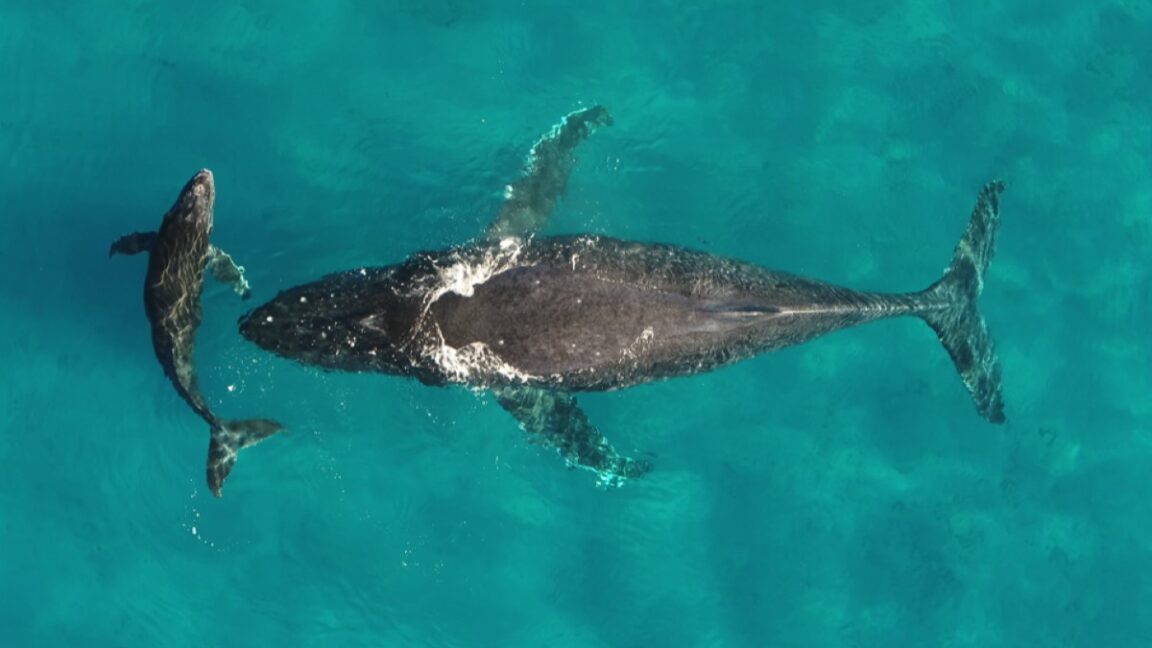Climate Change Disrupts Ancient Whale and Dolphin Migration Routes

For thousands of years, some of the largest filter-feeding whales—such as humpbacks, fin whales, and blue whales—have undertaken incredible migrations, traveling from warm tropical breeding grounds to nutrient-rich polar feeding areas each year. These journeys are among the longest in the animal kingdom, vital for their survival and reproductive success.
Ecologists like Dr. Trisha Atwood from Utah State University emphasize that these migrations are finely tuned processes, guided by a combination of environmental cues and learned memory. “Nature has intricately calibrated these routes, relying on signals that tell whales when to move and where to find optimal feeding or breeding conditions,” she explains. However, the rapid progression of climate change is disrupting these natural signals, causing whales and other marine migratory species to stray from their traditional paths.
This phenomenon is not isolated to whales alone. Dolphins and other cetaceans are also experiencing altered migration patterns, which can impact their feeding, breeding, and overall survival. Earlier this year, Dr. Atwood participated in a global workshop convened by the United Nations Convention on the Conservation of Migratory Species of Wild Animals (CMS). The gathering brought together over 70 scientists to assess how climate change affects migratory species worldwide, including more than 1,000 species crossing international borders in search of food and suitable habitats.
Changes in sea temperature, shifting prey distributions, and melting ice caps are just some of the factors contributing to the disruption of these critical migration routes. As species are forced to adapt to rapidly changing conditions, the risk of population declines and ecosystem imbalances increases. Conservation efforts are now focusing on understanding these shifts and developing strategies to mitigate their impacts, ensuring that these majestic creatures can continue their ancient journeys.
For more information on marine migration and climate change impacts, consult resources such as the official websites of the International Union for Conservation of Nature (IUCN) and the Marine Conservation Society, which provide comprehensive data and updates on ongoing research and conservation initiatives.




